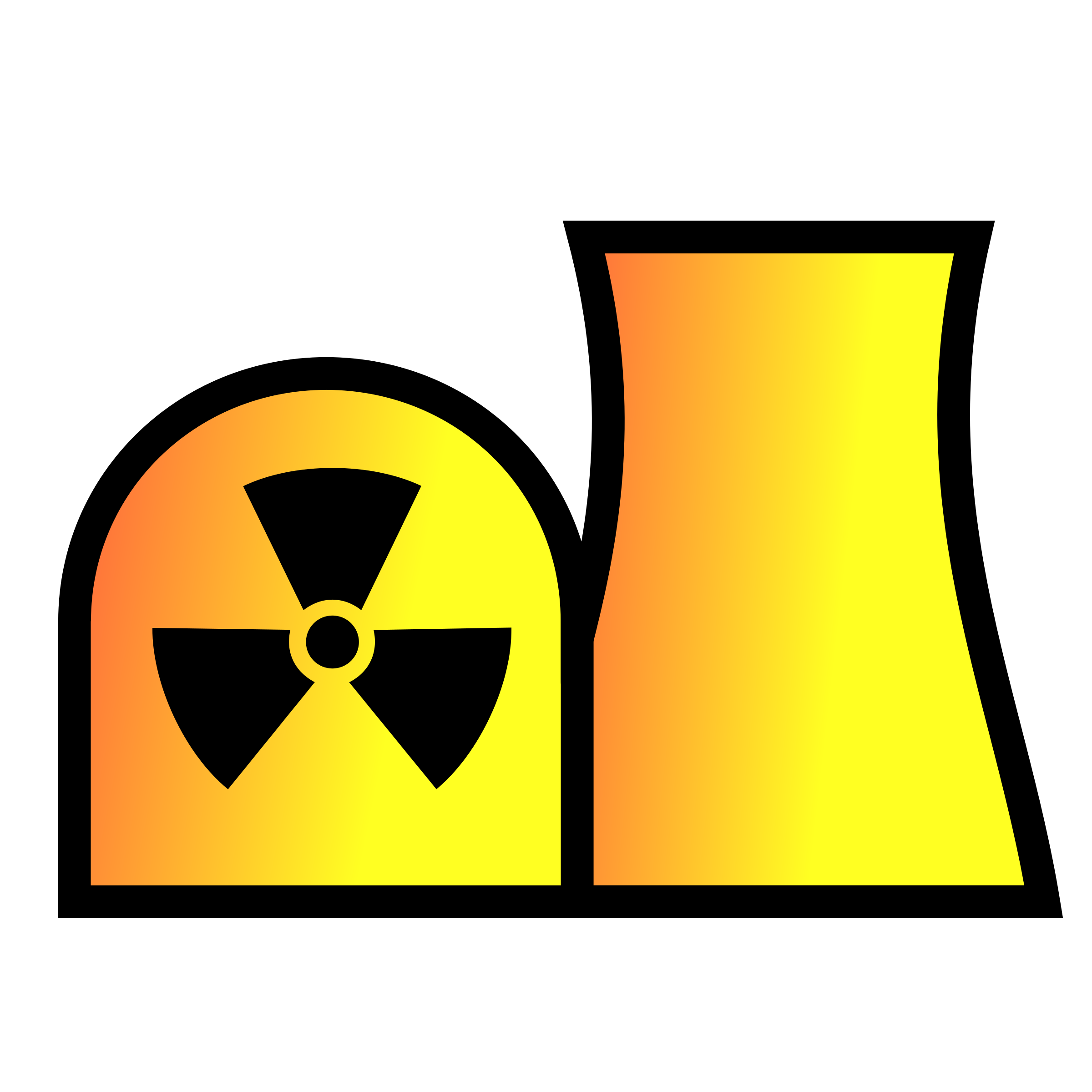Top Nuclear Power Generation in the World | kWh (1.000)
Nuclear power generation is a method of producing electricity using nuclear reactions. It involves the use of nuclear reactors to initiate and control nuclear reactions, typically fission reactions, which release a significant amount of energy in the form of heat. This heat is then used to generate steam, which drives turbines connected to electrical generators, producing electricity.
Here are some key points about nuclear power generation:
Nuclear reactors: Nuclear reactors are the heart of a nuclear power plant. They contain fuel assemblies typically made up of enriched uranium or plutonium. In a controlled chain reaction, the fuel atoms are split apart, releasing a tremendous amount of energy.
Fission reaction: Nuclear power generation relies on nuclear fission, where the nucleus of an atom is split into smaller fragments, releasing a large amount of energy. This process is sustained by maintaining a critical mass of fissile material, such as uranium-235 or plutonium-239, within the reactor.
Safety precautions: Nuclear power plants have multiple safety systems in place to prevent accidents and mitigate their consequences. These include control rods to absorb neutrons and control the reaction rate, cooling systems to remove excess heat, and containment structures to confine radioactive materials in the event of a release.
Low greenhouse gas emissions: Nuclear power is considered a low-carbon energy source because it does not produce carbon dioxide or other greenhouse gases during the electricity generation process. This aspect makes it attractive as a means of reducing greenhouse gas emissions and combating climate change.
High energy density: Nuclear fuel contains a tremendous amount of energy compared to other conventional sources like coal or natural gas. This high energy density allows nuclear power plants to produce large amounts of electricity in relatively small facilities.
Nuclear waste: One of the challenges of nuclear power generation is the management of nuclear waste, which remains radioactive and requires careful handling and disposal. Various methods, including storage in dedicated facilities or reprocessing to extract additional energy, are used to deal with nuclear waste.
Concerns about safety and accidents: Despite stringent safety measures, nuclear accidents like the Chernobyl disaster in 1986 and the Fukushima Daiichi accident in 2011 have raised concerns about the safety of nuclear power. These incidents have led to increased focus on safety standards, reactor design improvements, and emergency preparedness.
Debate on nuclear power: Nuclear power remains a topic of debate due to its advantages and disadvantages. Proponents highlight its low-carbon nature, energy security benefits, and potential as a reliable baseload power source. Critics raise concerns about safety, radioactive waste, potential for nuclear proliferation, and the high costs associated with building and decommissioning nuclear power plants.
It's worth noting that the future of nuclear power generation is evolving, with ongoing research and development into advanced reactor designs, such as small modular reactors and advanced fast reactors, aiming to address some of the concerns and challenges associated with traditional nuclear power plants.

